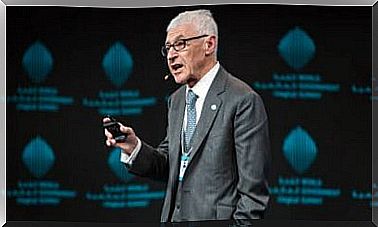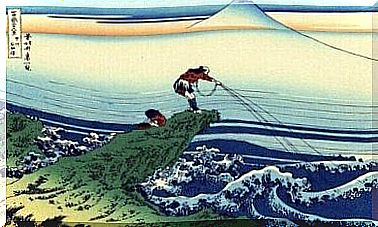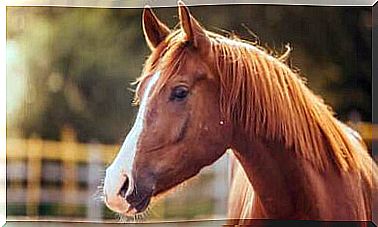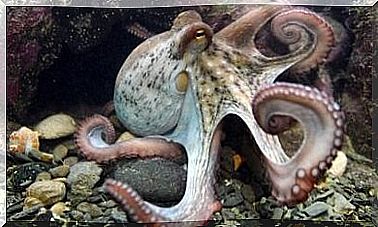How Do You Know If You Have A Toxic Friendship?
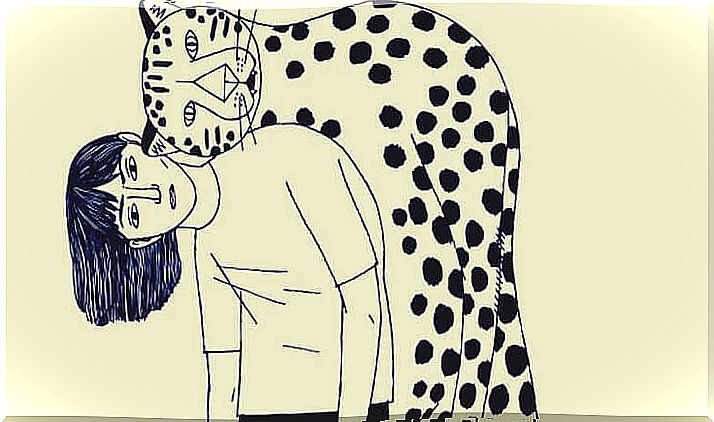
A toxic friendship is not made up by one person. The toxic effect refers to at least 2 people. In some cases, the two people involved in this type of friendship show obvious toxic behavior. In other cases, one of the two is the active agent and the other is the passive agent, the latter almost always has very low self-esteem. What is certain is that this situation is not the result of a relationship of good guys and bad guys, but of inadequate and destructive bonds and forms of relationship.
Orientals have a maxim which might seem very obvious, but which implies great wisdom: “The like seeks the like”. In human relationships, consciously and unconsciously, we seek out and attract those who have strengths and weaknesses similar to ours. It is rare for someone with high mental health to associate with a very neurotic or “toxic” person. Maybe low self-esteem and constant worthlessness or treatment received during childhood are the reasons one person unites with another who creates a toxic friendship.
No one is a “plague” from which to escape. No one is so perfect either that they can live without error or have nothing to improve upon. Toxic friendship involves a destructive bond, in which each party contributes its grain of sand.
Sometimes you have to modify this link. Sometimes there is no other way but to break it. What is important is learning to identify the symptoms that reveal an inadequate relationship. Here are a few of them.
In a toxic friendship there is systematic adversity
Toxic friendship is common between people with low self-esteem. One of the most harmful aspects of this type of bonding is that adversity does not appear explicitly, but in a hidden way. If it were updated, it would undoubtedly produce a distancing. For this, the use of subtleties, ironies, sarcasm and messages between the lines is inevitable.
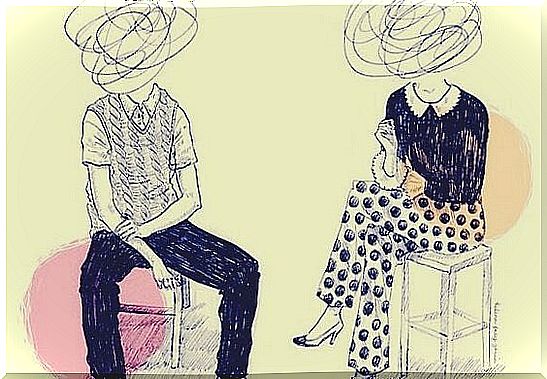
The content of these messages is aggressive. They seek to diminish the value of the other or his successes. In a toxic friendship, there is an ambivalence: we are friends and enemies at the same time. There is proximity and distance at the same time. To support this double-play, we have recourse to buried criticism. Usually it comes from both sides and is maintained over time. The two people hurt each other, but manage to cover it up.
Friendship or criminal association?
There are certain friends with whom every time you share a moment you find yourself breaking a line. There are people with whom the relationship is particularly based on the consumption of alcohol or another psychoactive. There are also cases in which the link is based on concealing infidelities and obligations or engaging in some excess. In this case, it is a complicity in the negative sense of the term. These are called “bad companies”.
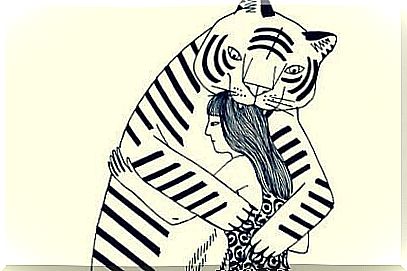
In this sense, there is a toxic friendship because “the friend” is only a means of supporting behavior that is not very constructive. Neither is interested in the well-being of the other. They just use each other to bring to the surface an aspect of the personality that is ultimately not the most appropriate. Usually, this kind of friendship ends when one of the two wishes to improve. Therefore, the second will try by all means to prevent him because he would find himself without his accomplice in transgressions.
You repeatedly feel bad
An unambiguous symptom of toxic friendship is the feeling that it remains imbued with you after spending time with that person. Sometimes you perceive a sort of heaviness. You feel emotionally drained. Perhaps you are experiencing some irritation, but you do not clearly identify the cause. You may also feel guilty or sad.
Most likely, there is a whole network of unconscious symptoms that connects them. For that you feel bad after having been in contact with this person and for this same reason you do not leave this friendship. The union that exists between the two is neurotic and depends on unconscious feelings and desires. What is certain is that it generates discomfort, but it is as if it was inevitable not to relive the same experience.
Everything revolves around a negative view
There are friends who come together around a negative atmosphere. Sometimes it has to do with aggressive criticism of others. In these toxic types of friendships, gossip, intrigue and backbiting about others abound. What is shared is a point of view which denigrates, which feeds pre-existing conflicts. This attitude mutually strengthens friends and unites them.
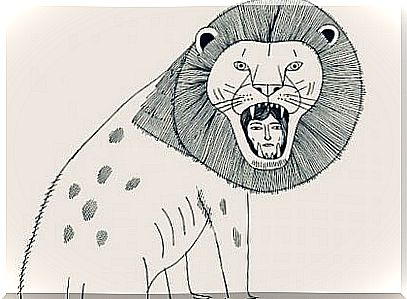
In other cases, what takes precedence is the subject of the complaint. It’s not so much that one is looking for the other’s shoulder to cry. It is more about arguing over who has the best place to victimize or to mutually reinforce victimization. They look and look again at their difficulties and lament them, but do not adopt an attitude of overcoming them. Quite the contrary. They love their wounds and treat each other, but they are not interested in treating them.
There is no reciprocity
A healthy friendship requires reciprocity and balance. On the other hand, there are people who are only looking for friends to ask or to follow. They take it this way: like people in great need of others. In this logic, of course, the others must bear the implicit obligation to give. In many cases, these addicted people do not realize that they are like this because their self-centeredness prevents them from seeing the truth in the face.
The lack of reciprocity manifests itself when, for example, only one of the two speaks, while the other has to listen. Or when one of the two feels that their problems are definitely more important and priority than those of the other. There are also cases where, when the friend is in trouble, the other disappears. He / she only relies on him / her when everything is working perfectly.
A toxic friendship gets a lot more back than it gives. In reality, it has very little to do with true friendship. Maybe there is genuine mutual sympathy, but the structure of the bond and / or the relationship makes it harmful to both of them. The problem isn’t just the other person. Indeed, the person who passively tolerates this type of relationship is also a problem.
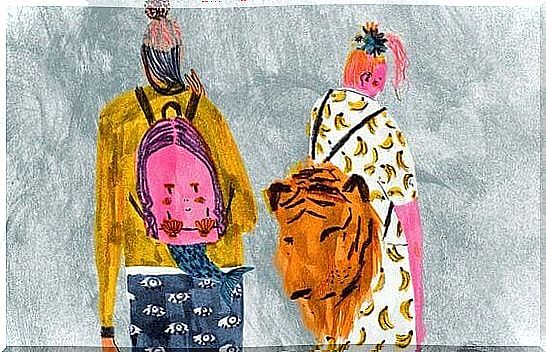
We always end up looking a bit like the people around us. If our goal is to always be better, to grow and to protect our well-being, it is important to choose the type of people with whom we build a friendship.
Images of Amèlie Fontaine
